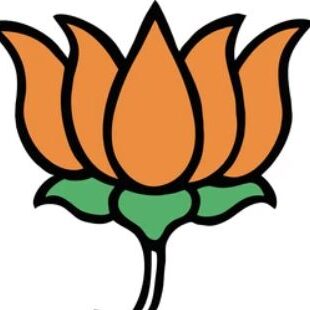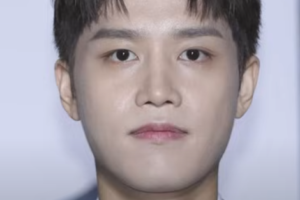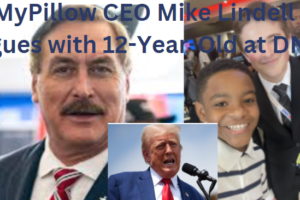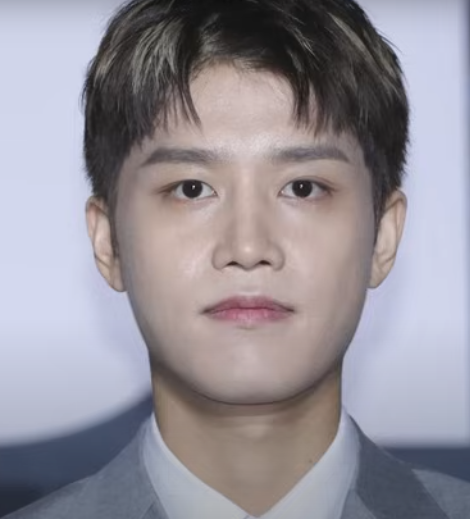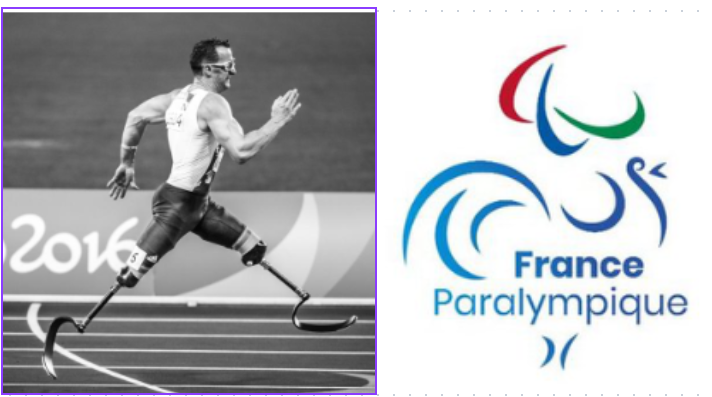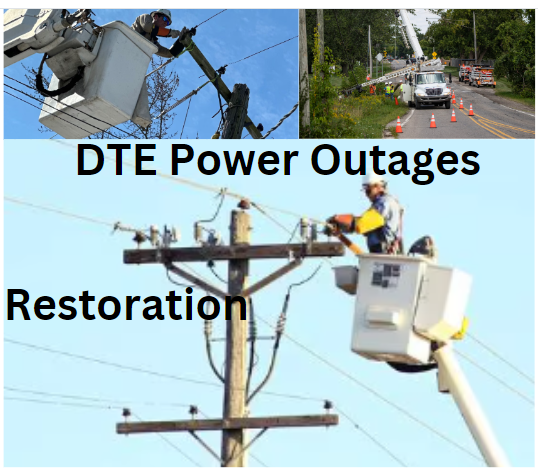Modi 3.0’s Foreign Policy: A Bold Continuation of “India First”
The general expectation for Modi’s third term in office was that his foreign policy would be less aggressive and more submissive. However, Prime Minister Modi and his team have defied these expectations by steadfastly continuing their “India First” policy.
One significant move that highlights this approach is Modi’s meeting with the US delegation that visited the Tibetan monk Dalai Lama. This action not only irritated China but also sent a clear message to the world: Modi is aligning India more closely with the USA and its allies.
In addition to strengthening ties with the West, Modi is also maintaining and enhancing relationships with other key global players. Notably, he has engaged in talks with Russia to negotiate a new five-year logistics agreement. Trade between India and Russia has seen unprecedented growth, further demonstrating India’s commitment to fostering diverse and strategic international partnerships.
Moreover, India is exploring defense deals with Russia, including the possibility of manufacturing Sukhoi engines domestically with a complete transfer of technology. This would significantly boost India’s defense capabilities and self-reliance.
In the realm of energy, India and Russia are collaborating on nuclear power generation technology. This involves the development of six power plants, one of which has already been commissioned. This collaboration is poised to enhance India’s energy security and support its growing energy needs.
In addition to these strategic moves, Modi’s government has been proactive in expanding India’s influence and securing its interests on multiple fronts:
- Strengthening Regional Alliances: Modi’s foreign policy has also focused on bolstering relationships with neighboring countries in South Asia and the Indo-Pacific region. By enhancing cooperation with countries like Japan, Australia, and ASEAN nations, India aims to build a robust regional security architecture and promote economic collaboration.
- Economic Diplomacy: The Modi administration has placed a strong emphasis on economic diplomacy. Initiatives such as inviting foreign investments, promoting Indian businesses abroad, and participating in global economic forums have been key aspects of this approach. Modi’s visits to various countries have often included discussions on trade, technology transfer, and infrastructure development, aimed at fostering economic growth and innovation in India.
- Global Leadership on Climate Change: India under Modi has taken a leadership role in global climate change initiatives. By committing to ambitious renewable energy targets and participating actively in international climate agreements, India is positioning itself as a responsible global player. The collaboration with Russia on nuclear power plants is part of this broader strategy to diversify energy sources and reduce carbon emissions.
- Cultural Diplomacy: Promoting India’s rich cultural heritage and values has been another cornerstone of Modi’s foreign policy. By leveraging cultural diplomacy, including yoga, traditional medicine, and Bollywood, India has sought to enhance its soft power globally. This approach has helped build positive perceptions of India and strengthen people-to-people ties across countries.
- Defense Modernization: Alongside the potential Sukhoi engine manufacturing deal, Modi’s government has pursued various defense modernization initiatives. These include acquiring advanced military technologies, upgrading existing defense infrastructure, and increasing domestic defense production. The goal is to enhance India’s strategic autonomy and preparedness in an increasingly complex global security environment.
- Engaging with the Indian Diaspora: Modi has also prioritized engaging with the vast Indian diaspora worldwide. Through events such as the “Pravasi Bharatiya Divas” and his interactions during international visits, Modi has sought to strengthen connections with Indian communities abroad, encouraging them to contribute to India’s development and act as ambassadors of Indian culture and values.
In summary, Modi 3.0’s foreign policy is marked by a robust and multifaceted approach. It balances assertive diplomatic engagements, strategic partnerships, economic initiatives, and cultural diplomacy, all aimed at advancing India’s national interests on the global stage. Despite initial expectations of a more subdued stance, Modi has demonstrated a commitment to a proactive and confident foreign policy that underscores India’s aspirations as a leading global power.
